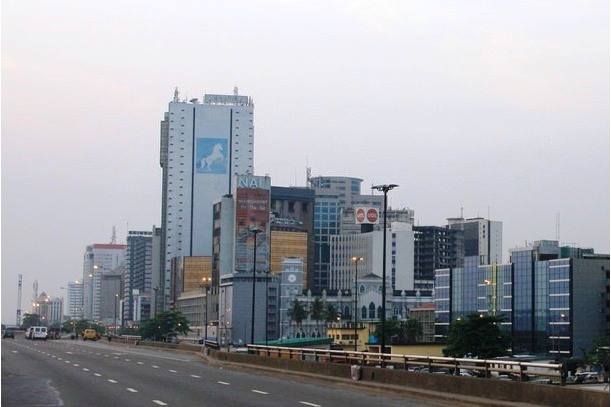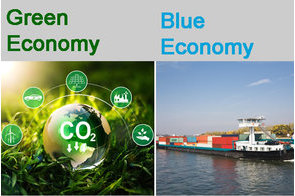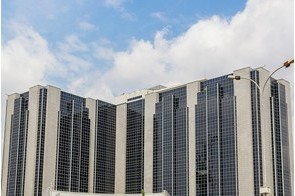Latest News
Nigerian economy posts 5 percent real GDP growth rate

News Highlight
Agriculture, industries and services accounted for 23.78 percent, 20.57 per cent and 55.66 percent, respectively, of the GDP in Q2 2021.
Data released on Thursday by the National Bureau of Statistics (NBS) shows the Nigerian gross domestic product (GDP) grew at annualised rate of 5 percent in Q2 2o21 after adjustment for inflation. This marked the third consecutive quarter of positive real GDP growth after the country went into recession in Q3 2020.
As a result of oil revenue collapse and lockdown measures following the outbreak of the COVID-19 pandemic in the first quarter of 2020, the economy recorded negative growth of -6.10 percent in Q2 and -3.62 percent in Q3 of the year. However, the recession was short-lived as the GDP grew by 0.11 percent in the fourth quarter of 2020, and slightly improved to 0.51 percent in Q1 2021.
The 5 percent growth rate in Q2 2021 is the highest rate of inflation-adjusted growth in over six years. According to the NBS, the aggregate Nigerian GDP stood at N39.12 trillion in Q2 2021, in nominal terms.
In the period under review, oil sector real growth was -12,65 per cent, while the non-oil sector posted a 6.74 percent growth after adjustment for inflation. The oil sector accounted for 7.42 per cent of the GDP, while non-oil sector accounted for 92.58 per cent.
Agriculture, industries and services accounted for 23.78 percent, 20.57 per cent and 55.66 percent, respectively, of the GDP in Q2 2021.
“The current growth traction mainly reflects the impact of a materially low base in Q2’20,” CardinalStone Partners Limited, a Lagos-based full-service investment banking and financial services firm, said in a research note on Thursday. “Hence, it is likely that lingering socio-political and structural impediments could come back to the fore as the impact of base effect wanes. To this point, we believe that unless frail economic structures are strengthened, consumption and investments are likely to deteriorate. This could cascade to high unemployment, worsening insecurity and tamer GDP readings in coming quarters.”
The firm said that, on the oil front, the OPEC+ decision to gradually increase production by 0.4 million barrels per day (mbpd) on a monthly basis, starting August 2021, portends positively for Nigerian oil economy in the coming quarters. It added that this development is likely to be supported by the completion of routine maintenance operations across key oil terminals as well as the resolution of industrial actions and power outages that have recently plagued the sector.
Nevertheless, CardinalStone downgraded its year-end outlook for Nigerian real GDP growth rate from its previous 3.1 percent to 2.7 percent as the effect of low bases of GDP growth in 2020 wear off in the last two quarters of the year.
Related News
Latest Blogs
- AML/CFT regulations and data protection require balance in regulating cryptocurrency
- It's time for honest discussions on Nigeria's security architecture
- Driving economic growth through green transition in Nigeria
- CBN is fighting inflation instead of stagflation
- Why electricity privatization failed (2)
Most Popular News
- NDFF 2024 Conference to boost Nigeria’s blue and green economies
- IFC, partners back Indorama in Nigeria with $1.25 billion for fertiliser export
- CBN settles backlog of foreign exchange obligations
- Univercells signs MoU with FG on biopharmaceutical development in Nigeria
- CBN increases capital requirements of banks, gives 24 months for compliance
- How Africa regulates bitcoin and other cryptocurrencies






